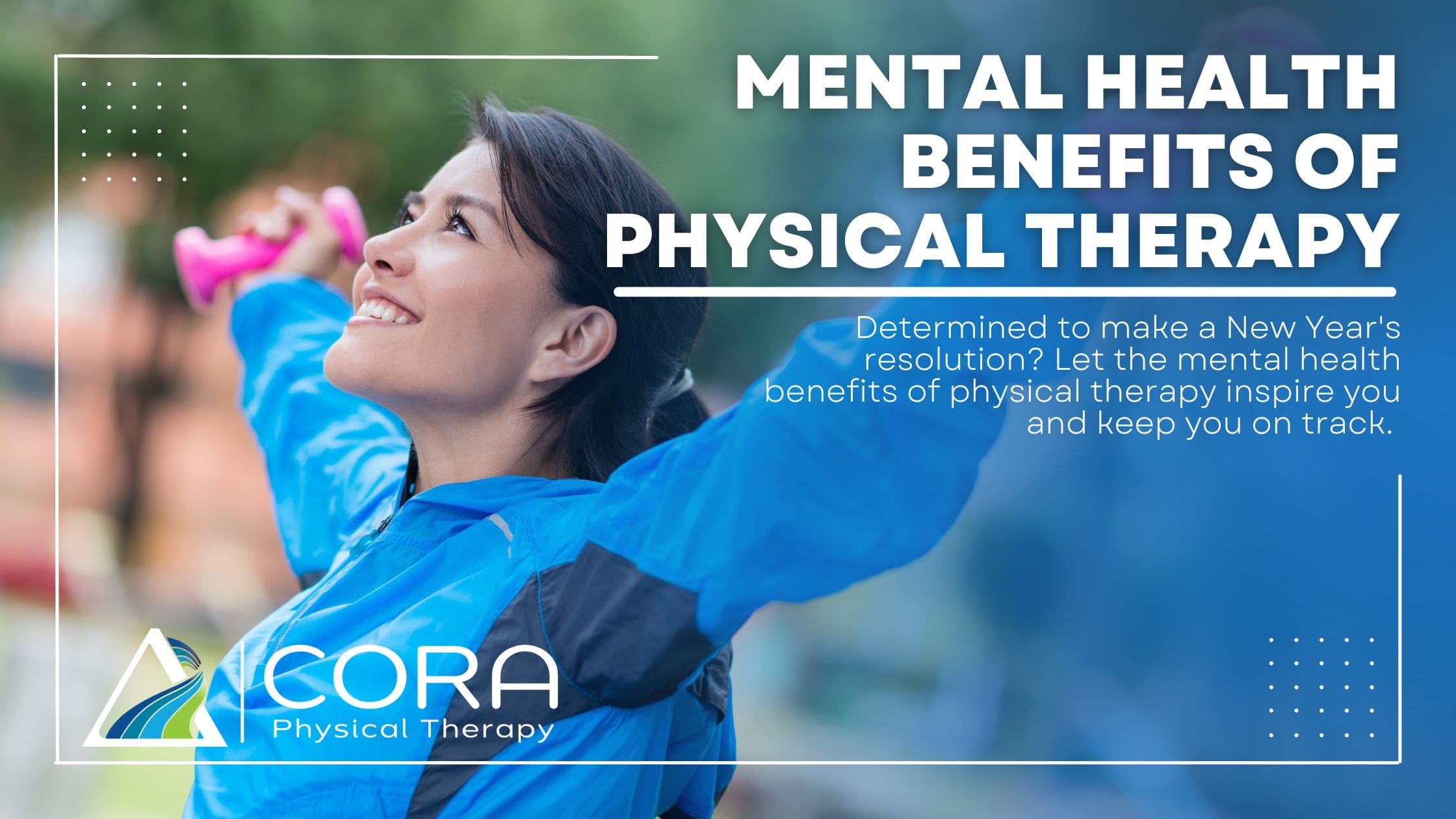The 30-Second Trick For Empowered Mind Therapy
The 30-Second Trick For Empowered Mind Therapy
Blog Article
How Empowered Mind Therapy can Save You Time, Stress, and Money.
Table of ContentsEmpowered Mind Therapy Can Be Fun For EveryoneEmpowered Mind Therapy - The FactsEmpowered Mind Therapy Fundamentals ExplainedGetting The Empowered Mind Therapy To WorkExcitement About Empowered Mind Therapy
Music Therapy is always there for you, and many thanks to Children's Music Fund a child has a chance to experience that magic. Give away today!. Anxiety Therapy in Utah and Texas Aid Children's Songs Fund include a satisfied beat to a kid's day
After taking a look at these wellness locations, you can mirror on the locations of your life that need even more care and focus. From there, you and your therapist can develop a loaded with methods that will assist you prioritize your requirements. Psychological wellness may be a lot more normalized in our present day and age, yet it's normal to require extra support at times.
Other mental health and wellness solutions offered include , EMDR treatment, faith-based treatment, ADHD therapy, and. If you are searching for more support, or visit our. We provide in-person treatment in Honolulu, HELLO, and. We eagerly anticipate functioning with you!.
The 10-Second Trick For Empowered Mind Therapy
First of two components In 2015, 16.1 million Americans reported experiencing significant anxiety throughout the previous year, usually struggling to operate while facing debilitating darkness and misery. There's a toolbox of treatments available, consisting of talk treatment and antidepressant medications, yet what's depressing by itself is that they don't help every individual.
But several of those findings have been cast doubt on due to the fact that studies had tiny example dimensions or bothersome speculative layouts. Still, there are a handful of essential locations including anxiety, persistent discomfort, and anxiety in which properly designed, well-run research studies have actually shown benefits for patients taking part in a mindfulness reflection program, with results comparable to other existing therapies
The impacts are by no methods earth-shattering," Desbordes said. "We're speaking about moderate effect dimension, on par with various other therapies, not better. And after that there's a number of other points under research with preliminary evidence that is encouraging yet by no means conclusive. I assume that's where it's at.
What Does Empowered Mind Therapy Do?

Then, being a scientist, asking 'Exactly how does this job? What is this doing to me?' and intending to recognize the systems to see if it can aid others," Desbordes said. "If we desire that to become a therapy or something used in the community, we need to show [its advantages] clinically." Desbordes' study uses practical magnetic vibration imaging (fMRI), which not just takes pictures of the brain, as a normal MRI does, yet also records mind task occurring during the scan.
Desbordes took before-and-after scans of subjects who discovered to practice meditation over the program of two months. She checked them not while they were meditating, but while they were executing day-to-day tasks. The scans still discovered changes in the subjects' brain activation patterns from the starting to the end of the study, the very first time such a change in a part of the mind called the amygdala had actually been spotted.
Getting The Empowered Mind Therapy To Work
After eight weeks of training in conscious focus reflection (right) note the amygdala is less turned on after the reflection training. Thanks To Gaelle Desbordes November 13, 2012 4 min reviewed May 5, 2015 5 min checked out January 21, 2011 4 min read In her existing work, she is exploring reflection's effects on the brains of medically depressed people, a team for whom researches have shown reflection to be effective.

(https://www.callupcontact.com/b/businessprofile/Empowered_Mind_Therapy/9483835)Desbordes claimed she wishes to examine one common theory regarding just how MBCT works in clinically depressed clients: that the training enhances body understanding in the minute, called interoception, which, by focusing their interest on the present moment, arms individuals to break the cycle of self-rumination. "We understand those brain systems entailed with interoception, and we know those entailed with rumination and depression.
Desbordes is part of an area of scientists at Harvard and its affiliated organizations that in current decades has been teasing out whether and just how meditation works. In the 1970s, when transcendental reflection rose in popularity, Herbert Benson, a professor at Harvard Medical Institution and what was then Beth Israel Hospital, explored what he called "The Relaxation Feedback," identifying it as the common, practical feature of copyright, yoga, and other types of reflection, consisting of deep spiritual petition.
Excitement About Empowered Mind Therapy
The word has actually concerned describe a meditation-based method whose goal is to boost one's feeling of being in the present, however it has also been used to define a nonmeditative state in which topics establish apart their psychological disturbances to pay better interest to the present moment, as in the work of Harvard psycho therapist Ellen Langer.
Current scientific exploration has actually mainly concentrated on the nonreligious technique of conscious meditation, but reflection is likewise an element of a number of ancient spiritual customs, with variations (counseling in utah and texas). Even within the area practicing nonreligious conscious meditation, there are variants that may be medically purposeful, such as how frequently one meditates and just how long the sessions are
Ultimately, Desbordes stated she's interested in teasing out article simply what in mindful meditation can function against anxiety. If scientists can recognize what elements are efficient, the treatment may be fine-tuned to be more effective.
Report this page